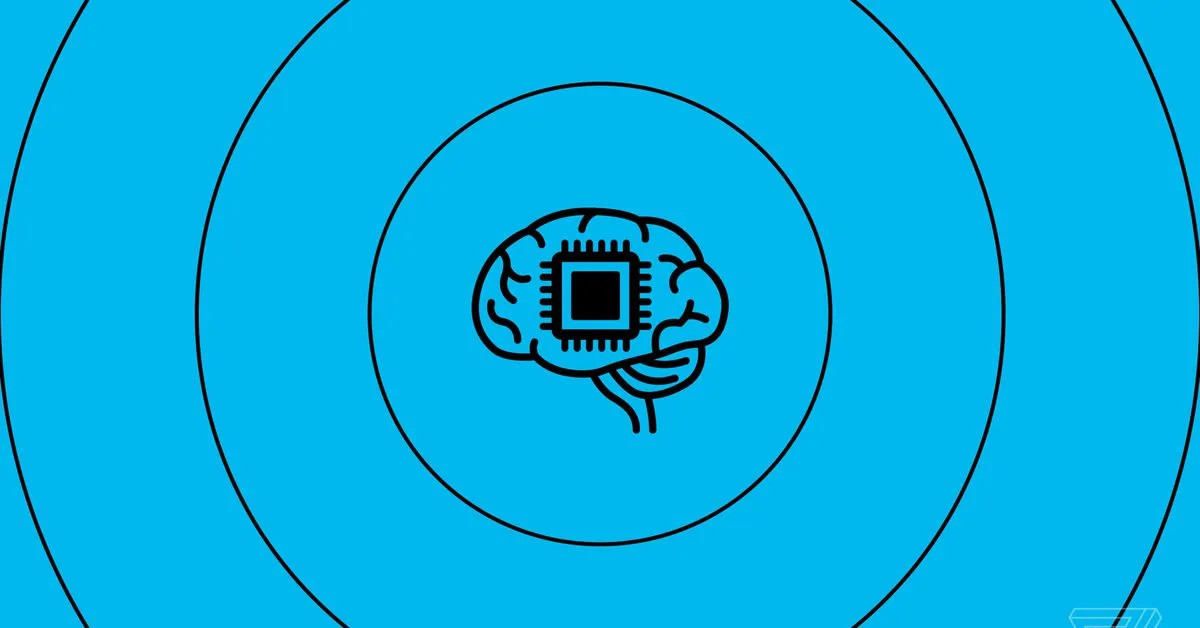- cross-posted to:
- [email protected]
- cross-posted to:
- [email protected]
AI-generated art cannot be copyrighted, rules a US Federal Judge::United States District Court Judge Beryl A. Howell found that AI-generated artwork can’t be copyrighted, putting to rest a lawsuit against the US Copyright Office over its refusal to copyright an AI-generated image.



I am not convinced by that. I don’t think any lines have been drawn on how much creativity you put into a prompt for the resultant image to be considered copyrightable. This case is about someone trying to get the AI to claim copyright, and have that transferred to him as the owner of the AI. Which is like the cases where someone tried and failed to claim copyright over an image of a monkey that the monkey took because it was taken on his camera. He had no creative input into the shot so the image was not copyrightable.
You could condisider the AI like a camera - you have control over its input, what you point it at, the lighting levels, even creating the scene you point it at. All of which are creative elements. You did not actually create the image - light hitting a film did that. You just set it up to capture the picture you wanted.
So I could see the prompt being similar to setting up a shot for a camera and the AI being like a camera. With enough creative work being put into setting up a good prompt I can see a valid claim for copyright being made - though I am not aware of anyone testing this out i court yet.
Copyright laws have a standards for minimal creativity needed to create a copyrightable work. You don’t have to be very creative to qualify, but you need a minimal amount. There’s no good reason to think the US copyright office will not apply these same standards to AI art prompts.
The US copyright office specifically lists “listings of ingredients or contents” as not sufficiently creative to qualify for copyright protection. This is why there is no legal recourse within copyright to prevent someone from copying the ingredients and quantities of your cooking recipe. If the prompt you give your AI is more than a list, you will not have a copyrightable work. For example, if you open up an AI image generator and type: “paved road on a cliff-face overlooking a pine forest,” the resultant output would likely be ineligible for copyright because the prompt was little more than a list of the image’s contents.
If your use of AI is creative enough to reach the level of “minimally creative” in the eyes of the US copyright office, the work is copyrightable.
When taking a photograph, you chose the settings, you chose the framing, you chose the equipment. That is enough to be eligible for copyright, unless the shot was taken by a macaque or a grizzly bear.
I assume you mean legible here.
But I can still see the argument going either way. You are right that the prompt might not be copyrightable. Just like a recipe or algorithm is not. But I don’t think many are trying to claim copyright on the prompts. It is the output that is of interest and there things become grey. Is choosing a prompt more like picking the settings of a camera, its framing, subject etc? Those are the important part of taking a photo, like a prompt is to creating an AI generated image. There are parallels here that can give a good argument in court I think. And IMO it is more similar to taking a photograph, than it is to a simple recipe.
The prompt is the part that has human input. If the human’s input is not minimally creative, than the AI generated whole cannot be minimally creative. If the human’s input is minimally creative, the AI output will likely be minimally creative.
If you use software to position objects in a the frame, and then you ask an AI to generate the objects and a background with the framing that you specified, you will almost certainly have a copyrightable work, because deciding where things are positioned in a picture is enough to rise to the level of minimum creativity.
What matters is the human’s input. You can create uncopyrightable works using any tool, and you can use any tool to create copyrightable works. What matters is how much human expression is involved.
And if you simply describe the position via a prompt (among other things) then is that not also minimally creative?
Yes, that has basically been my argument - the human input has to be creative in some way and IMO and prompt can be. But not all prompts used will meet that bar. Where the line lies on what meets that bar is still up for debate and AFAIK no court has laid any groupd work for this yet. But a prompt alone can IMO contain enough creativity to allow the AI generated work to be copyrightable.
Copyright laws are written vaguely so they can be applied to all human expression even those that haven’t been invented yet.
Obviously there are boarder cases where things are not clear cut. That’s true for anything. But when courts make those decisions, they are going to do so using legal frameworks that already exist. The courts are not going to invent new standards to determine whether AI usage is copyrightable or not.
I never suggested they were going to make up new standards based on nothing. All my arguments are related things to existing situations.